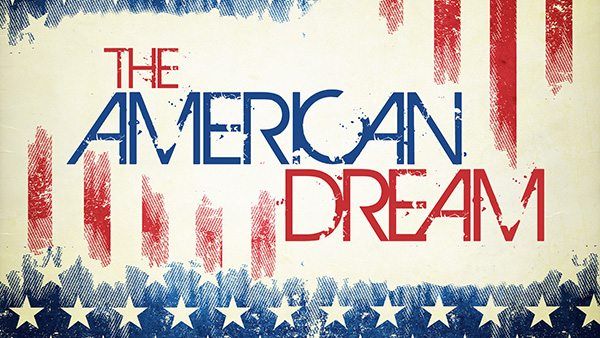The world of professional rugby is abuzz with speculation: American teams are being courted by major global leagues like Super Rugby and the United Rugby Championship (URC). This sudden surge of interest in the United States, a nation traditionally more focused on gridiron than rucks, isn`t just a fleeting fancy. It`s a calculated maneuver in the grand chessboard of global rugby, driven by an intriguing mix of ambition, opportunity, and, inevitably, cold hard cash.
The Irresistible Allure of the Almighty Dollar
Let`s be unequivocally clear: the primary driver behind this sudden embrace of American rugby franchises is not their current on-field prowess. While Major League Rugby (MLR) has made commendable strides, its competitive level is, for now, a nascent seed compared to the established giants of the Southern Hemisphere or Europe. The real gold in them thar hills isn`t a scrum-half`s silky pass but rather the potential for significant financial investment.
Leagues like Super Rugby and the URC, despite their storied histories and passionate fan bases, often grapple with the complexities of modern professional sports economics. Profit margins can be tighter than a prop`s binding, and the search for sustainable revenue streams is perpetual. Enter the United States. A market of over 330 million people, with a well-documented appetite for professional sports and a robust corporate sponsorship landscape, represents an untapped reservoir of capital.
One might even suggest that the traditional rugby ethos of `gentlemen playing a hooligan`s game` is evolving to `gentlemen playing a hooligan`s game, funded by multinational corporations.` We may soon witness the advent of `Coca-Cola Super Rugby` or `Amazon United Rugby Championship,` following the footsteps of European football leagues that have embraced prominent corporate naming rights. After all, what`s a little brand recognition between friends, especially when those friends bring hefty cheques?
America`s Grand Rugby Ambition: More Than Just Money
While the allure of American money is undeniable for global leagues, the motivations for the United States are far more profound and sport-centric. The USA is poised to host the Rugby World Cup in 2031 (men`s) and 2033 (women`s), alongside the Rugby Sevens at the Los Angeles Olympics in 2028. These aren`t just sporting events; they are monumental opportunities for a nation to elevate a sport that, despite its growing popularity, still sits outside the mainstream.
To successfully host these global showpieces, and crucially, to perform creditably on home soil, USA Rugby needs to cultivate a robust pipeline of talent and, just as importantly, foster a deeper connection with potential fans. Sold-out test matches against top-tier nations like Ireland and New Zealand have already demonstrated a significant latent interest. However, consistent exposure to high-level competition is paramount for player development.
Consider the “Jaguares” model from Argentina: a national squad, concentrated into a single professional franchise, competing in Super Rugby. This strategy proved remarkably effective, propelling Argentina`s national team to new heights. The USA appears to be taking notes. Initiatives like “Charlotte Anthem,” a team founded in 2024 with the explicit goal of preparing players for the national team, funded by USA Rugby and World Rugby themselves, highlight this strategic direction. While their inaugural season might have been a challenging learning curve, the long-term vision is clear: immerse top American talent in the crucible of top-tier professional rugby.
The Sporting Equation: Bridging the Performance Gap
Admitting an American franchise into an established league like the URC or Super Rugby would be a calculated risk. Realistically, an incoming US team, at least initially, would face a steep learning curve. Recent results, such as the home loss to Spain (20:31), underscore the current developmental stage of US rugby. However, the objective isn`t immediate silverware; it`s accelerated development.
The exposure to week-in, week-out intensity, the tactical sophistication, and the sheer physicality of these premier leagues would be invaluable. This isn`t just about playing games; it`s about training within a world-class system, attracting top coaches, and potentially integrating experienced international players to mentor local talent. Such a move would be a powerful catalyst for raising the overall standard of rugby in the United States, preparing the Eagles to be competitive, not just present, at their home World Cups.
Ultimately, the current buzz around American rugby is a testament to the sport`s evolving global landscape. It`s a fascinating intersection of commercial ambition and sporting aspiration. While the road ahead will undoubtedly be challenging, paved with both triumphs and defeats, the strategic integration of American teams into top-tier global competitions represents a bold and necessary step towards cementing rugby`s place on the burgeoning US sporting map. The world of rugby, it seems, is ready to bet big on the American dream.








